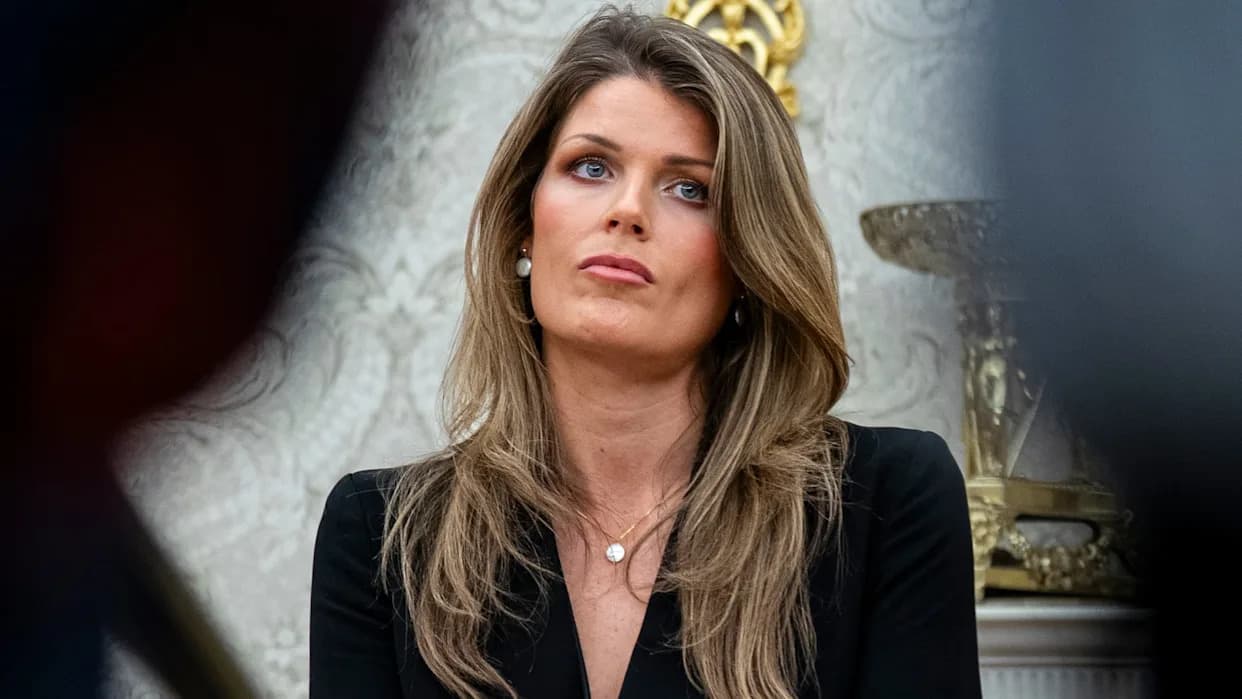Lawyers for James Comey and New York AG Letitia James asked a federal judge to dismiss their indictments, arguing that Lindsey Halligan — a Trump-installed prosecutor with no prior prosecutorial experience — was unlawfully appointed. Judge Cameron Currie challenged the Justice Department about a later order from former AG Pam Bondi that purported to ratify Halligan's actions, noting a missing portion of the grand jury transcript. The government called the issue a paperwork error; both defendants seek dismissal with prejudice. Currie said she expects a ruling before Thanksgiving.
Comey and Letitia James Ask Judge to Toss Indictments, Citing Allegedly Unlawful Trump-Appointed Prosecutor

Defense attorneys seek dismissal over disputed appointment
Attorneys for former FBI Director James Comey and New York Attorney General Letitia James have urged a federal judge to dismiss the criminal indictments against their clients, arguing the prosecutor who brought the cases was installed in violation of the Constitution.
At a Thursday hearing, U.S. District Judge Cameron Currie extensively questioned Justice Department lawyers about the government's conduct. The charges were filed just weeks apart after President Donald Trump removed the official overseeing the U.S. Attorney's Office in the Eastern District of Virginia and installed Lindsey Halligan, a White House aide and former insurance lawyer with no prior prosecutorial experience.
Comey has pleaded not guilty to allegations of making false statements to Congress. James has pleaded not guilty to mortgage-fraud-related charges. Their lawyers contend the prosecutions are "fatally flawed" because Halligan's appointment violated the Appointments Clause of the U.S. Constitution and related statutory limits on interim appointments.
Key issues raised at the hearing
- Retroactive ratification: More than a month after Halligan took the lead, then-Attorney General Pam Bondi signed an order attempting to retroactively designate Halligan as a "Special Attorney" authorized to seek the indictments. Bondi wrote she had "reviewed" Halligan's grand jury appearances in support of that ratification.
- Missing grand-jury transcript: Judge Currie said a segment of Halligan's grand jury presentation transcript — from 4:28 p.m. on the day of the indictment until the indictment was returned — appears to be missing, and questioned how Bondi could have reviewed material that may not exist.
- Role of career prosecutors: The filings and sources say career prosecutors in the office initially resisted pursuing the cases, and that Halligan moved quickly to present charges herself shortly after her appointment.
- Broader context: The challenge follows successful efforts in other districts to disqualify Trump-appointed interim prosecutors who exceeded the 120-day interim limit imposed by federal law.
"How does the AG say she has reviewed [the grand jury material] when they didn't exist?" — Judge Cameron Currie
Government counsel Henry Whitaker argued Bondi's awareness of the relevant facts was sufficient to ratify Halligan's actions and characterized the defense challenge as, at worst, a "paperwork error." He asked the court, if it were to disqualify Halligan, to nevertheless allow the indictments to remain in place.
Comey and James have asked Judge Currie to dismiss their indictments with prejudice, which would bar the government from re-filing the same charges if the appointment is invalidated. Judge Currie said she expects to rule before Thanksgiving.
Why it matters: The case raises constitutional and procedural questions about who can lawfully bring federal criminal charges and underscores tensions when high-profile prosecutions follow rapid personnel changes in U.S. Attorney offices.
Help us improve.


























